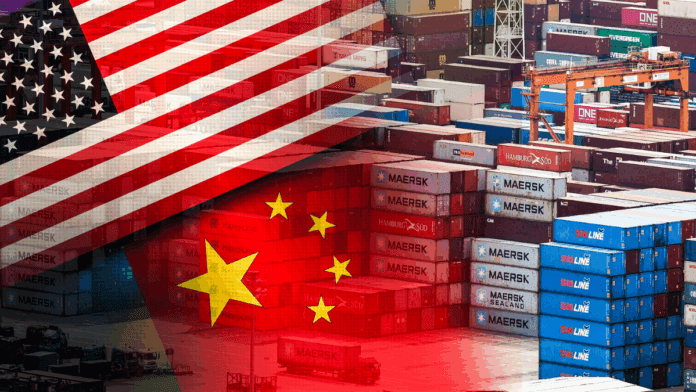China has said it is ready to talk with the United States about major trade issues that have been causing tensions for years. These issues include tariffs, industrial subsidies, and special benefits China receives as a developing country at the World Trade Organization (WTO).
A senior official from China’s mission to the WTO shared that China has listened closely to what the U.S. has said about its trade practices. The official said China is now willing to discuss some of the matters raised, including rules on tariffs and subsidies.
This comes as the WTO gears up for an important meeting in 2026 in Cameroon. Leading up to that meeting, member countries are expected to engage in talks aimed at fixing several long-standing problems within the global trade system. China’s openness is seen as a key step in this process.
The U.S. has often pointed out that the WTO cannot be fully reformed unless countries like China stop receiving special treatment as developing nations. According to the U.S., these benefits give such countries an unfair edge in global trade.
Sanctioned for Patriotism? Tolentino Calls China’s Punishment “Badge of Honour”
China Open to Renegotiating Tariffs and Certain Benefits
The U.S. has criticized China’s access to something called Special and Differential Treatment, or SDT. SDT allows developing countries to do things like keep higher tariffs or provide government help to local businesses. While these benefits aim to help poorer countries grow, the U.S. argues that richer nations misuse them by still calling themselves “developing”.
China says its status as a developing country is not up for debate. However, the country may choose not to use SDT in some upcoming negotiations—just as it did in recent deals on fishing and domestic trade rules. The Chinese official said, “Generally speaking, I don’t think China will ask for SDT in the coming negotiations.”
This could be a big move if it holds true. However, experts doubt that China will give up all SDT benefits, especially when it comes to farming, where subsidies play a big role.
In addition to SDT, China is also open to talking about subsidies and tariffs. These are key areas where the U.S. has raised concerns. Governments give subsidies as financial help to local companies, and they impose tariffs as taxes on imported goods.
The Chinese official explained that China is willing to discuss subsidies if the talks are done in good faith. However, China will not allow these discussions to turn into attempts to change the way its economy works.
WTO Article 28 Opens Door for Tariff Talks
China also showed interest in renegotiating tariffs under a WTO rule called Article 28. This article lets member countries change their promises on import taxes. But they can do this only under certain conditions. They must also hold proper talks with trade partners.
China’s solar meltdown deepens as U.S. tariffs trigger mass exodus to Africa, Middle East
“We welcome the U.S. to come back to the WTO,” said the Chinese official. “We are ready to renegotiate on Article 28 if the U.S. raises their requests here at the WTO.”
The statement follows recent trade talks held in Geneva and London between the two nations, which reportedly went well. The Chinese official did not share exact details about the U.S. requests. But the message was clear: China is ready to use the WTO to solve trade disagreements.
At the moment, China’s ambassador to the WTO position remains empty. The previous ambassador was recalled in April to become a trade negotiator. Despite this, the current delegates continue to engage in high-level conversations with U.S. officials and other WTO members.
This new openness from China comes after years of tit-for-tat actions between the U.S. and China, especially since both countries have imposed large tariffs on each other’s goods. These steps have affected global trade and led to more tension at the WTO.
China’s willingness to join discussions on these key trade matters could signal a step forward in fixing issues that have caused a lot of global concern.
